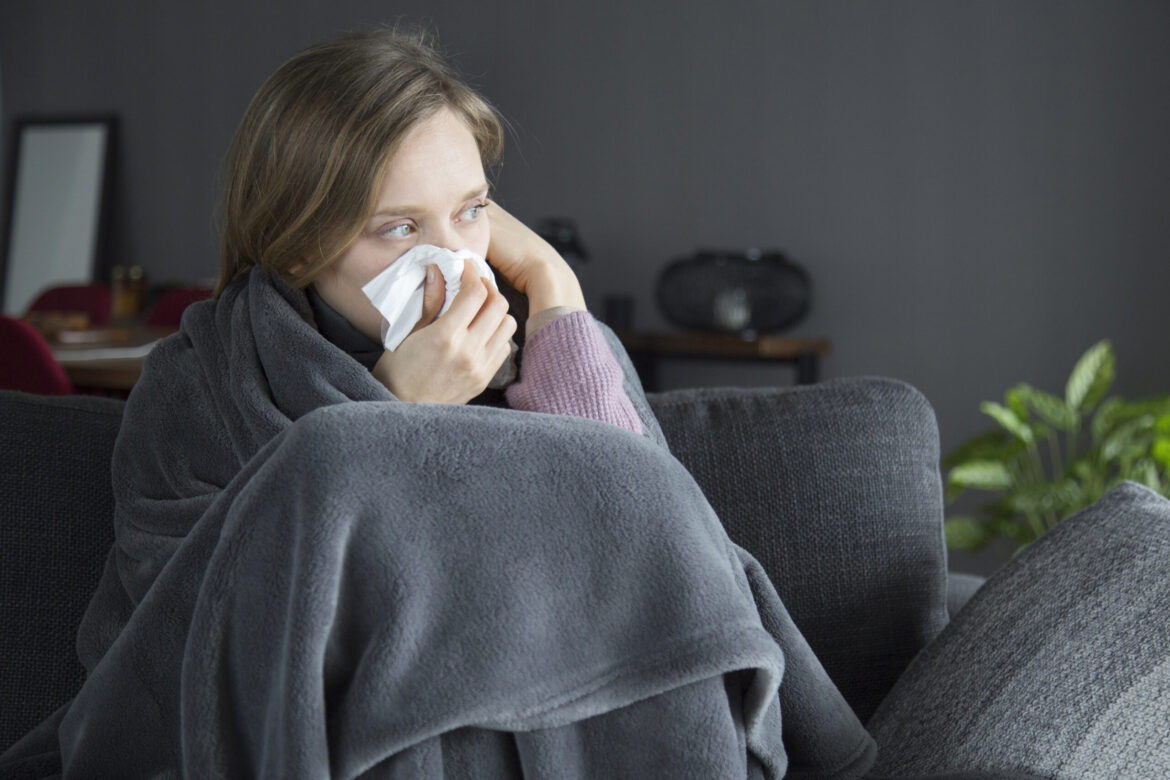By Desmond Nleya
In the United Arab Emirates (UAE), where temperatures can soar above 45°C in summer and dip significantly during the cooler winter months, seasonal illnesses like colds and influenza (flu) still persist, despite the arid climate. With millions of residents and international travelers passing through each year, the spread of viral infections is common, especially during the winter and in indoor air-conditioned environments.
What Causes Colds and Flu?
Colds and flu are caused by different viruses:
Common Cold: Usually triggered by rhinoviruses, though other viruses like coronaviruses (not to be confused with COVID-19), adenoviruses, and respiratory syncytial virus (RSV) can also be culprits.
Influenza (Flu): Caused by influenza viruses (types A, B, and occasionally C). These viruses mutate frequently, which is why new flu vaccines are developed each year.
Symptoms of Colds and Flu
While colds and flu share similar symptoms, they differ in severity and onset.
Common Cold Symptoms:
Runny or stuffy nose
Sneezing
Sore throat
Mild cough
Slight fatigue
Low-grade fever (less common)
Flu Symptoms:
Sudden high fever (often above 38°C)
Body aches and chills
Severe fatigue
Persistent dry cough
Headache
Sore throat
Nasal congestion
Occasionally, gastrointestinal symptoms (especially in children)
Flu symptoms are more intense and come on more suddenly than cold symptoms.
Prevention Tips in the UAE Context
Given the UAE’s unique environment and lifestyle patterns, residents and visitors can take several measures to reduce their risk of contracting colds or the flu:
Get Vaccinated: The UAE Ministry of Health and Prevention (MOHAP) promotes annual flu vaccinations, especially for children, the elderly, healthcare workers, and those with chronic conditions.
Practice Good Hygiene:
Wash hands frequently with soap and water.
Use hand sanitizers in public places like malls and public transport.
Avoid touching your face, especially the nose and mouth.
Maintain Indoor Air Quality:
Regularly service air conditioning units to prevent microbial build-up.
Use air purifiers where possible to reduce airborne viruses in enclosed spaces.
Stay Hydrated and Eat Well:
The UAE’s dry climate can cause dehydration, which weakens immune response.
Include fruits, vegetables, and foods rich in vitamins C and D in your diet.
Avoid Close Contact:
Stay away from sick individuals.
If you’re unwell, stay home and wear a mask to prevent spreading the virus.
Treatment and Care
There is no cure for the cold or flu; treatment focuses on relieving symptoms and supporting the immune system.
For Colds:
Rest and stay hydrated
Use saline nasal sprays
Over-the-counter medications like paracetamol or ibuprofen for pain or fever
For Flu:
Antiviral medications (like oseltamivir) may be prescribed within the first 48 hours to reduce symptom severity
Bed rest and plenty of fluids
Fever reducers and cough medicines
In the UAE, pharmacies and clinics are widely accessible, and residents are encouraged to consult a general practitioner (GP) if symptoms persist or worsen.
When to Seek Medical Help
See a doctor immediately if you or your child experiences:
Difficulty breathing
Chest pain
Persistent high fever
Confusion or severe fatigue
Symptoms lasting more than 10 days


